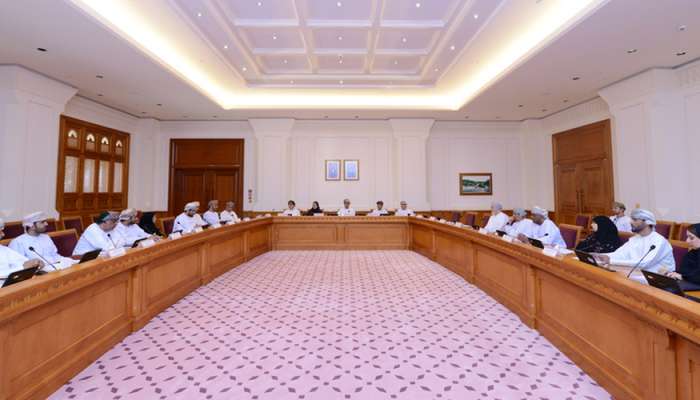The State Council in Muscat recently held a meeting with representatives from various media establishments, civil authorities, and media professionals to discuss the draft version of a new media law and its implications on freedom of expression. The focus of the meeting was to analyze the provisions of the draft law and ensure that it strikes a balance between rights, obligations, and penalties. Participants also discussed how the new media law would impact the media industry in Oman and potentially influence the country’s global rating in the future.
During the meeting, participants engaged in discussions on the importance of freedom of expression in a democratic society and how the new media law could either support or hinder this fundamental right. There was a consensus on the need for the law to safeguard the principles of freedom of speech while also addressing potential abuses of power or misinformation in the media landscape. The State Council’s Social and Cultural Committee took the opportunity to gather feedback and insights from industry professionals and stakeholders to ensure that the final version of the media law is comprehensive and effective in regulating the industry.
One of the key points of discussion was the role of the media in shaping public opinion and promoting transparency in governance. Participants highlighted the importance of a free and responsible media in holding authorities accountable and providing accurate information to the public. The draft media law was scrutinized to determine how it could support these objectives and enhance the credibility of the media industry in Oman. By fostering a conducive environment for media freedom and responsible journalism, the country can potentially improve its reputation on the global stage.
Another aspect that the participants delved into was the potential impact of the new media law on media professionals and organizations. There were concerns raised about the implications of the law on journalistic practices, editorial independence, and the overall functioning of the media industry. Participants emphasized the need for the law to protect the rights of media workers while also setting clear guidelines for ethical journalism and professional conduct. By addressing these concerns, the media law can serve as a tool for empowering journalists and ensuring the sustainability of media organizations in Oman.
Additionally, the meeting touched upon the technological advancements and digital transformation shaping the media landscape in Oman. Participants discussed the challenges and opportunities presented by the digital age, including the rise of social media platforms and online news outlets. The draft media law was evaluated in light of these developments to ensure that it remains relevant and effective in regulating both traditional and digital media channels. By adapting to the changing media landscape, Oman can position itself as a hub for innovation and excellence in the media industry.
Overall, the meeting at the State Council provided a platform for meaningful dialogue and collaboration between key stakeholders in the media industry. By engaging with representatives from media establishments, civil authorities, and media professionals, the Social and Cultural Committee was able to gather valuable insights and perspectives on the draft media law. Moving forward, it is imperative for all stakeholders to continue working together to refine the law and ensure that it upholds the principles of freedom of expression, transparency, and professionalism in the media sector.By fostering a conducive environment for media freedom and responsible journalism, the country can potentially improve its reputation on the global stage.











